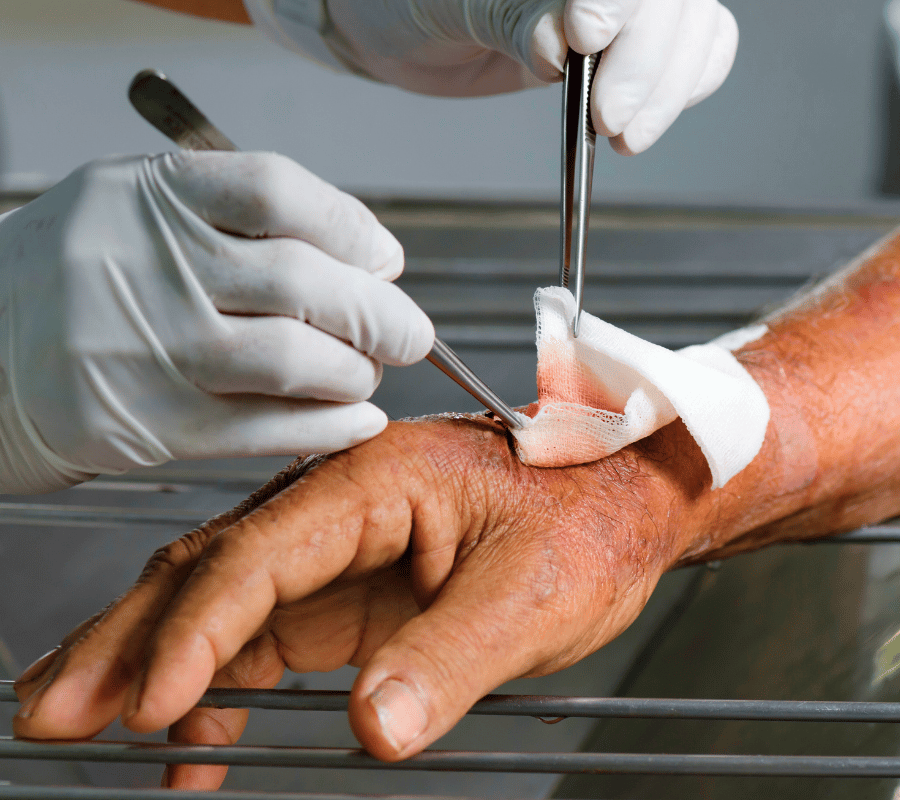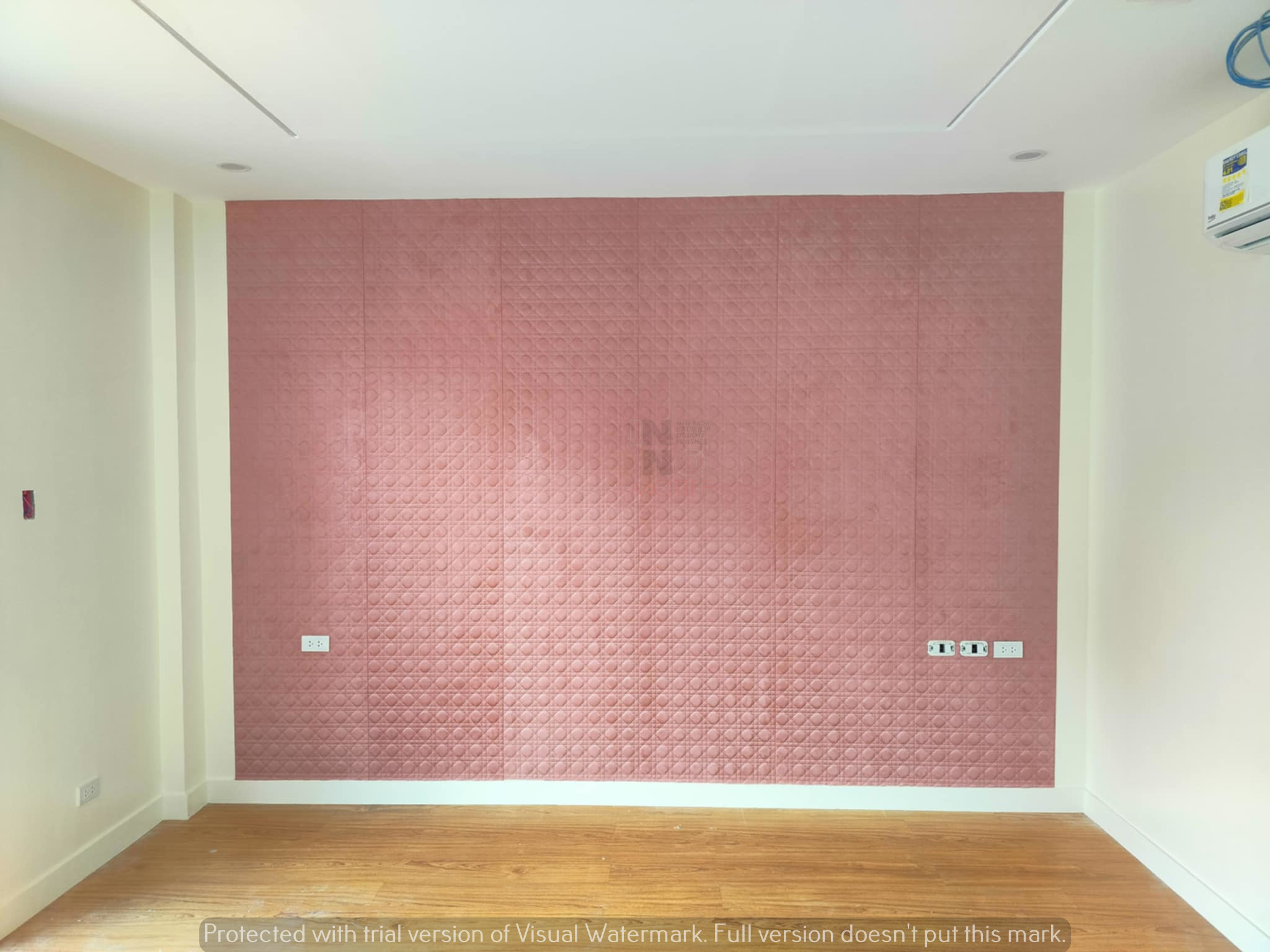Effective wound management requires more than just basic care—it demands specialized knowledge, precise assessment, and advanced treatment techniques. A dedicated wound care facility plays a vital role in helping patients with both chronic and acute wounds heal safely and efficiently. Whether you’re dealing with a stubborn diabetic ulcer or recovering from surgery, the right facility can make all the difference in your recovery journey.
Why Specialized Wound Care Facilities Matter
Wounds that do not heal properly can lead to serious complications, including infections, prolonged pain, and reduced mobility. Treating chronic wounds such as pressure sores, venous ulcers, or diabetic foot ulcers is often challenging because these wounds may result from underlying health issues like poor circulation or diabetes.
A wound care facility provides an environment tailored specifically to meet these challenges. Trained healthcare professionals, equipped with specialized tools and the latest treatment protocols, work together to deliver care that goes far beyond what typical wound treatment offers. The benefits of visiting a specialized facility include faster healing times, lower risk of infection, and better overall outcomes.
Patients who try to manage complex wounds without expert guidance risk delayed healing or worsening of the wound, which can sometimes result in hospitalization or even amputation in severe cases. This highlights the importance of seeking professional wound care from dedicated clinics.
What to Expect from an Advanced Wound Care Facility
A cornerstone of any reputable wound care facility is the comprehensive wound assessment. Unlike a simple visual check, advanced wound assessment involves a detailed examination of the wound’s size, depth, tissue type, and signs of infection or inflammation. The assessment also includes reviewing the patient’s overall health status, including circulation, nutrition, and any conditions that might impair healing.
This thorough evaluation enables clinicians to identify the underlying causes of delayed healing and to develop personalized treatment plans based on evidence-based practices. Each patient’s wound is unique, and the best facilities understand that a one-size-fits-all approach does not work.
Patients visiting a trusted wound care facility, such as the Kalingap Wound Care Clinic in Quezon City, can expect a tailored plan that includes state-of-the-art therapies, expert monitoring, and education on wound management techniques.
Advanced Wound Assessment Techniques
Advanced wound assessment at a dedicated wound care facility involves multiple techniques and tools to gather detailed information. Measuring the wound’s dimensions precisely helps track progress over time. Tissue analysis is done to identify healthy versus necrotic tissue, which influences treatment choices.
Infection screening is critical; detecting bacterial colonization early prevents further complications. Many modern facilities use wound imaging technologies or diagnostic tests to support accurate assessments.
By understanding the wound environment fully, clinicians can pinpoint issues such as poor blood flow, pressure points, or underlying diseases that contribute to poor healing. This holistic approach ensures that treatment addresses not just the wound itself, but the factors hindering recovery.
Common Types of Wounds Treated at Wound Care Facilities
Wound care facilities specialize in treating a wide range of wounds, including:
- Chronic wounds: These include diabetic foot ulcers, pressure sores (also known as bedsores), and venous leg ulcers. Chronic wounds persist longer than normal wounds due to impaired healing mechanisms and require specialized care.
- Acute wounds: These wounds occur suddenly from trauma or surgery. Proper management is essential to prevent infection and promote rapid recovery.
Early intervention in both chronic and acute wounds can prevent complications and improve healing outcomes. Patients with diabetes or limited mobility especially benefit from regular assessments at a wound care facility to manage and prevent wounds.
Tailored Treatment Approaches in Wound Care Facilities
After a detailed assessment, a wound care facility develops a customized treatment plan. Treatment often includes the use of specialized wound dressings designed to maintain optimal moisture levels, protect from infection, and support tissue regeneration.
Advanced therapies may also be part of the treatment protocol. Negative pressure wound therapy (NPWT), which uses controlled suction to remove excess fluids and stimulate healing, is widely used in specialized centers. Hyperbaric oxygen therapy, which increases oxygen supply to tissues, may be recommended for stubborn wounds.
Beyond clinical treatment, patient education plays a crucial role. Teaching patients and caregivers proper wound care techniques, nutrition, and lifestyle modifications helps sustain healing and prevent recurrence.
Ongoing monitoring ensures that treatment is adjusted as the wound progresses, maximizing the chances of a successful recovery.
Choosing the Right Wound Care Facility
Selecting the right wound care facility can significantly impact your healing experience. Key factors to consider include:
- Expertise and qualifications of the healthcare team, including physicians, nurses, and therapists specializing in wound care.
- Availability of modern technology and advanced treatment options to address various wound types.
- Emphasis on patient-centered care, ensuring each treatment plan is customized and includes education and support.
- Presence of a multidisciplinary team to manage complex cases involving diabetes, vascular disease, or mobility issues.
Facilities like Kalingap Wound Care Clinic in Quezon City exemplify these qualities by combining expert assessment, advanced treatments, and compassionate care to help patients heal faster and better.
Takeaway
Healing wounds effectively requires more than surface-level care. A specialized wound care facility provides precise assessments, personalized treatments, and ongoing support to address the complex needs of chronic and acute wounds. Patients who seek care at dedicated clinics benefit from faster recovery, reduced complications, and improved quality of life.
If you or a loved one is struggling with a wound that won’t heal, consider consulting a trusted wound care facility. Professional evaluation and treatment can make all the difference in achieving optimal healing and returning to daily activities with confidence.






